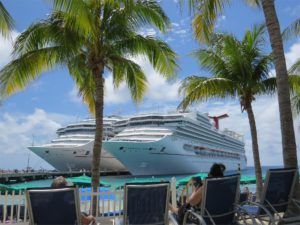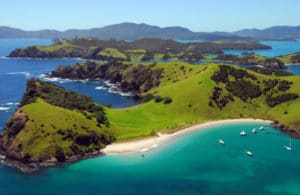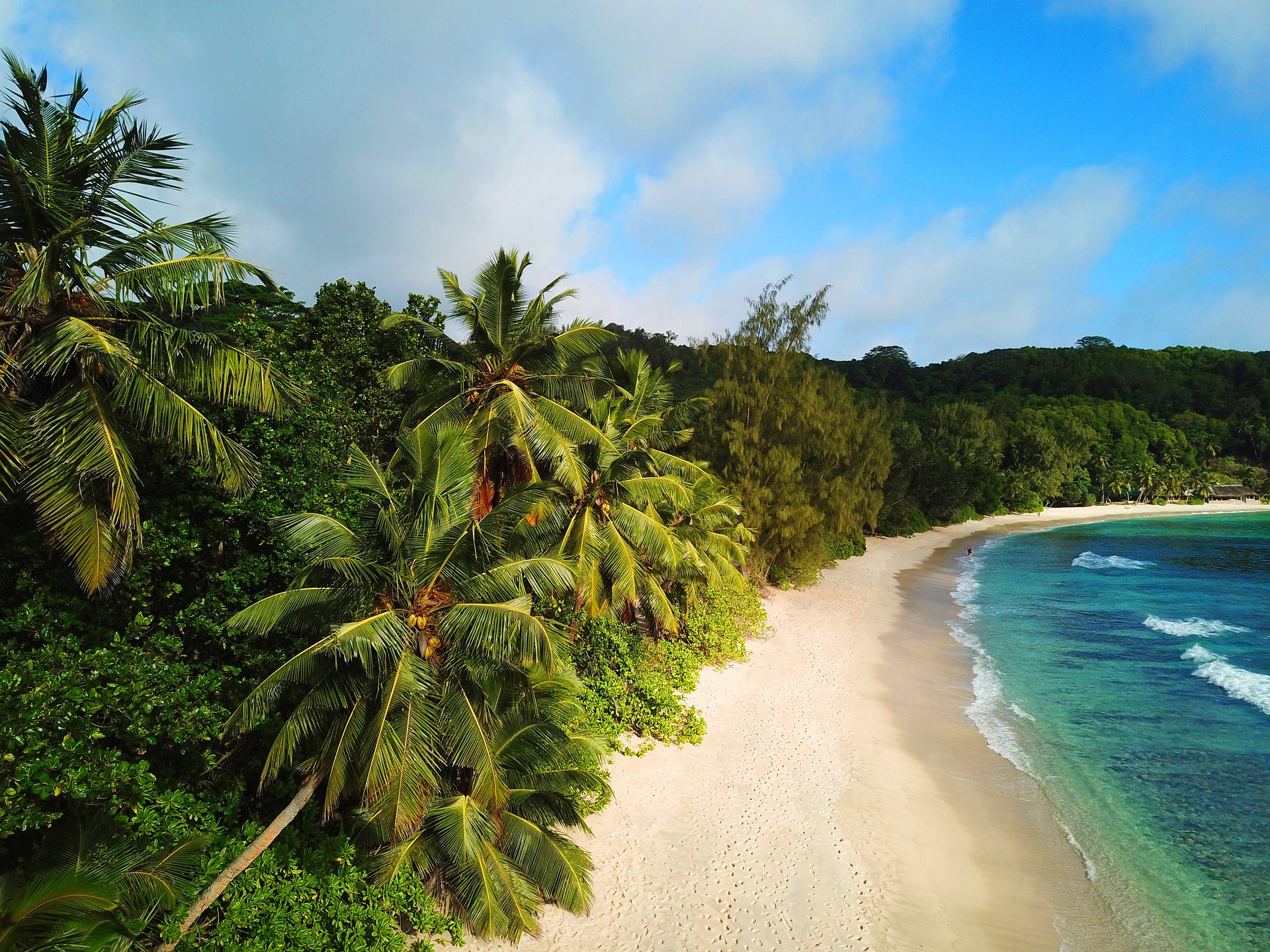In the South Pacific Ocean, Fiji contains more than 330 islands. Yet, most expats who move to this ideal archipelago decide to situate themselves within the most oversized island Viti Lev, which is home to the capital, Suva. Below are the tops 8 reasons tom move to Fiji, which will help you decide why you should live in Fiji.
Top reasons to Move to Fiji
1. Luxury At Discounted Prices

Fiji expats will not effectively find property bargains in that frame of mind; in Port Denarau Marina, which is situated on the little Denarau island which can be gotten to by a street span from the primary island, you can track down leader style waterfront 4-room rental homes with a confidential breakwater and pool for pretty much F$8000 ($3850) each month. Likewise, take a look at restrictive estates in Fiji for serious evaluation.
Imported merchandise is commonly pricier in a little island country. Nonetheless, the average cost for many everyday items is lesser contrasted with other developed nations. You can search for new neighborhood produce in the business sectors and partake in a feast of entire lobster at Shiva’s eatery in Sigatoka for F$60. Taxi tolls and film are also reasonable exercises you can profit from.
2. Families feel at home
Fijian life spins around the family. In this way, it’s no big surprise that Fiji is outstandingly family well disposed. All through the archipelago, family resorts —for example, Castaway Island in the Mamanucas, Outrigger Fiji Beach Resort on the Coral Coast, VOMO Private Island in the Yasawas, and Jean-Michel Cousteau Resort in Savusavu — offer conveniences intended to assist global nomads and children with partaking in quality island time together and separated.
Free advantages for digital nomads regularly remember one-for-one babysitter administrations for newborn children and little children, and “Bula Buddies” and kids clubs for youngsters ages 4 to 12. Teenagers commonly can look over an everyday record of directed exercises, for example, kayaking, swimming, and climbing. Keeping kids dynamic, engaged, and protected during the day, provides guardians with the genuine serenity to loosen up by the pool, enjoy a spa treatment, or go on journeys.
3. Warm Greetings
Fijians are known to be among the most amiable individuals across the country. “Bula” (meaning life) is used as the standard hello. This means Fijians wish each other great well-being and bliss. Fiji expats will also utilize bula each time a Fijian welcome you to impart a bowl of traditional kava to them.
4. Tropical sea shores

Brilliant sand, fantastic palm trees, clear sea and tropical temperatures — there is an explanation Fiji is a particularly beneficial place to become an expat. Sadly, two or three weeks are not even close to the point of valuing ultimately the 300 or more islands that make up the archipelago. Many of Fiji’s best seashores and resorts are in the Mamanuca and Yasawa gatherings of islands, off the northwest shoreline of Viti Levu, the whole island.
5. World-class rugby
Whatever the code, league or union, and whatever the arrangement, particularly sevens, Fijian teams are a portion of the game’s incredible performers. They additionally punch well over their weight on the worldwide stage. Global matches are played at the ANZ Stadium in the capital, Suva, while the Coral Coast settlement of Sigatoka styles itself “Rugby Town,” with games at Lawaqa Park. The homegrown rugby association season runs from February to September.
6. Fresh food
Fiji is known to have probably the best food in the South Pacific because of the Indian, Southeast Asian and Chinese impacts mixed with Melanesian staples like taro, tropical organic products, coconut, pork and fish. Since it’s costly to import food, a lot of what’s accessible is nearby, and there’s a developing natural kitchen garden development from the superior level to towns and resorts. The food variety of Fiji makes it a perfect place to live for digital nomads.
7. Peace & Tranquility

Fiji has had a rough political past and, as of late, held open majority rule races again after an overthrow in 2006. Be that as it may, even at its most tense, severe savagery has not been an issue here, and the ongoing circumstance seems, by all accounts, to be strong. With the segregation of island life, the vast majority do whatever it takes not to stress a lot over the world’s issues. The closeness of an arrangement of nearby states implies that individuals feel that their perspectives and local area activities have an effect. In general, the crime rate in Fiji is quite low, especially in rural settings or in tourist islands.
Despite natural disasters such as Cyclone Winston in 2016, and years of economic mismanagement, Fiji has posted continuous growth in recent years. Moreover, the government is undertaking much-needed steps to make Fiji more investor-friendly and to encourage joint ventures.
8. Diversity of activities for Fiji
With multiple thirds of the number of inhabitants in the nation living in the clamouring center (and capital) of Suva, there’s a lot of metropolitan fervor here to investigate and reveal. The huge understudy populace here has given way to many clubs, cafés and trendy people like bars, bars and eateries on the Victoria Parade that assist with providing the city a young richness. Notwithstanding nightlife, Suva is home to some reasonably intriguing colonial and current architecture, attracting many expats.

Global Health Insurance for Expats in Fiji
Global health coverage is essential for digital nomads and expatriates in Fiji and it makes sense to work with an expat insurance specialist firm such as Expat Financial. They can source international healthcare for most expatriates around the globe and have a lot of experience covering foreigners living in Fiji. Their most popular plan for expats in Fiji is the Cigna Global health plan. It is especially good for those who plan to retire abroad in beautiful countries such as Fiji and the South Pacific.
Expats should note that health-care systems in Fiji urban areas are adequate for routine medical problems, but facilities, medical supplies and equipment are limited in rural areas. Hygiene standards are generally reliable in urban areas but may be unreliable elsewhere.


